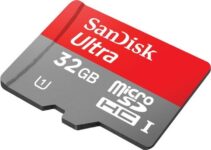Want to launch your own blog, but don’t know how to go about picking the right blogging platform? It’s not a very easy decision because there are a variety of various blogging platforms out there and choosing the appropriate one is vital for the success of your blog.
In this post, we’re going to help you pick the right blogging platform by going through some of the most popular blogging platforms on the web.
Page Contents
1. WIX
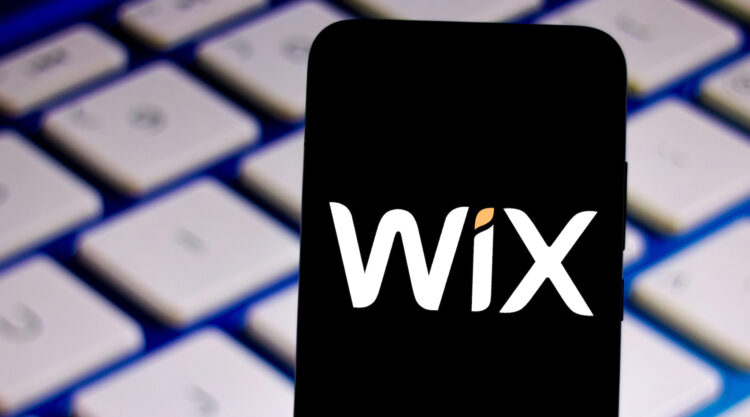
Source: timesofisrael.com
Wix is an intuitive site creator that lets you create a blog easily at the click of a button.
Simply put, Wix is one of the highest-ranked blog site creators in the world. No wonder the Israeli-based company has more 100 million users.
You can launch a blog from your Wix account on either the free or a premium plan. However, you will need to sign up for a $13 a month combination package in order to attach your domain name, plus getting rid of Wix ads.
If you are already on the free Wix plan, we would recommend you consider switching to a paid Wix account. It’s a small price to pay for making your blog look professional. The more professional your blog appears, the more followers you will get.
2. MEDIUM
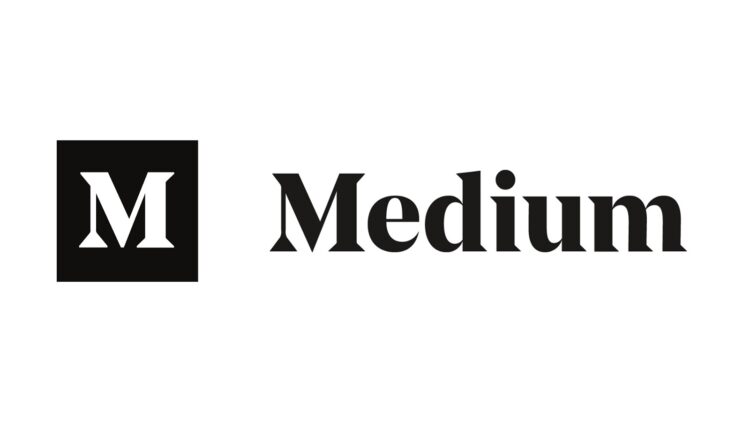
Source: solstice.us
Medium was developed as a simple alternative blogging site for those wanting to express themselves online. The typical post could be anything from a political discourse to a product how-to or personal story. Basically, Medium was designed to give everyone a platform to express themselves online.
Nevertheless, because of how Medium allows users to take part in discussions, businesses have continued to use this platform as an extension of their advertising strategies. This means that on Medium, you will be as likely to find posts from Fortune 500 companies as you would, your friend’s essay.
3. WORDPRESS
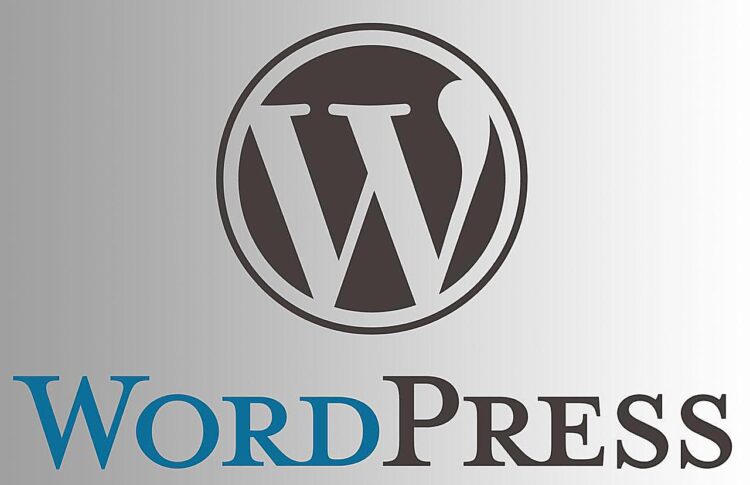
Source: webhostingsrbija.rs
WordPress was initially developed as a forum for blogging. And even though it has developed into a multi-purpose content management system, it also has many blogging features and themes.
WordPress.org is by far the most popular blogging website in the world. It is used by some of the biggest forums and websites on the internet and is a free platform. It is free to access and has a large and committed community that is continually creating new themes, widgets, plugins and features to make it even better.
Unlike its managed counterpart, WordPress.com, to use WordPress independently, you would need a web hosting service, such as a freeparking.co.nz BlueHost, HeartInternet, HostGator and GoDaddy to be able to host and manage your website on your own.
WordPress.org has the same functionality as WordPress.com plus a few other benefits. It has extra features, the option to personalise your templates, and you can even monetize your blog with Google AdSense or any other affiliate marketing services that you sign up for.
4. SQUARESPACE
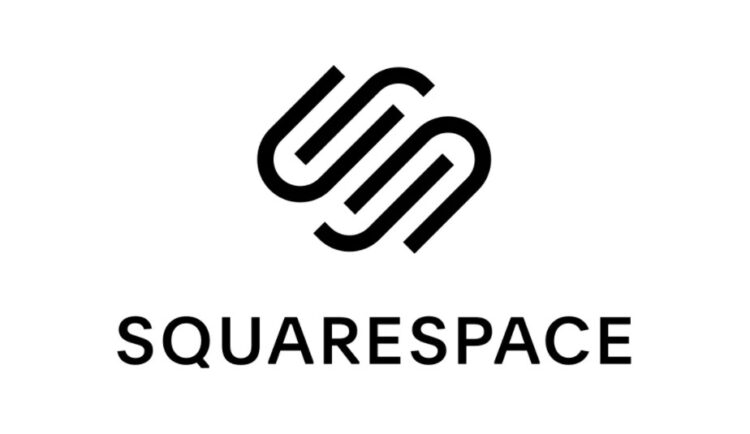
Source: pcmag.com
Squarespace is the perfect blogging site for image-rich content. Using their award-winning layout models and integrations using Unsplash, Getty Images and Google AMP, you can create digital content that is both entertaining and engaging.
While Squarespace only provides 60 templates, they ‘re all mobile-ready and completely customizable so you can build a blog that looks the way you want it to appear. When you’ve built your blog, you can use the Squarespace SEO tools to optimise your content.
5. BLOGGER

Source: webhostingsrbija.rs
Blogger is another wonderful free platform to develop and operate a good blog in 2024. Because Blogger is owned by Google, you should have access to Google services such as Analytics, AdSense and lots more. However, while Blogger is not quite as robust as WordPress.org, it is perfect for hobbyists and brand builders who don’t want to spend much money, but who do want to make some money from advertising.
Because it’s easy to use, it’s also a perfect platform for new bloggers to learn the ropes. You can start with a blogger if you want to try your hand on blogging and there are migration tricks if you finally decide to move your entire blog from blogger to WordPress without losing content.
6. LINKEDIN

Source: accordingtokristina.com
There are 570 million LinkedIn users worldwide, and 44 per cent of them are active monthly users. LinkedIn was essentially a resume sharing platform. It was like a job-hunting app in a lot of ways, where you go to sign up if you were looking for talents or looking to get a job, but it has improved significantly over the past two years to become full-fledged blogging and social network platform.
If you’re creating a business blog, you will find a premium audience on LinkedIn with 45 per cent of LinkedIn article readers being people in senior managerial and entrepreneurial roles.
7. TUMBLR

Source: wikimedia.org
Tumblr is somewhat different from other blogging sites. It’s a microblogging cum social networking platform and has features for re-blogging, built-in tools for sharing, and more.
People follow your blog from their dashboard which is constantly updated with updates from everyone they follow. And, like Twitter, a single post easily vanishes into the air – unless it’s re-blogged by another person, giving it a new existence. Tumblr re-blogs are exactly the same as Twitter Retweets.
Compared to WordPress themes, the Tumblr themes are quite simple and are coded only in HTML and CSS, there is no PHP or other confusing material. However, it is quite easy to customise. In fact, tweaking your Tumblr theme might be a fast way to learn to code if you’re interested in that kind of stuff.
Which Blogging Platform Should You Go For?
We hope this article has provided the details you need to pick the right platform for your next blog. To help guide you in the right direction, WordPress.org is the most popular option if you plan to monetize your blog. It provides a lot of powerful tools, flexibility, and space for development. When you don’t want to use WordPress, Wix, Blogger and Squarespace are all fantastic choices, too.
That said, when it comes to choosing a blogging site, there’s no definitive right or wrong. Just your particular requirements will determine which platform you should go for. However, we will suggest that you take some time to look at the various choices and then make a decision.



